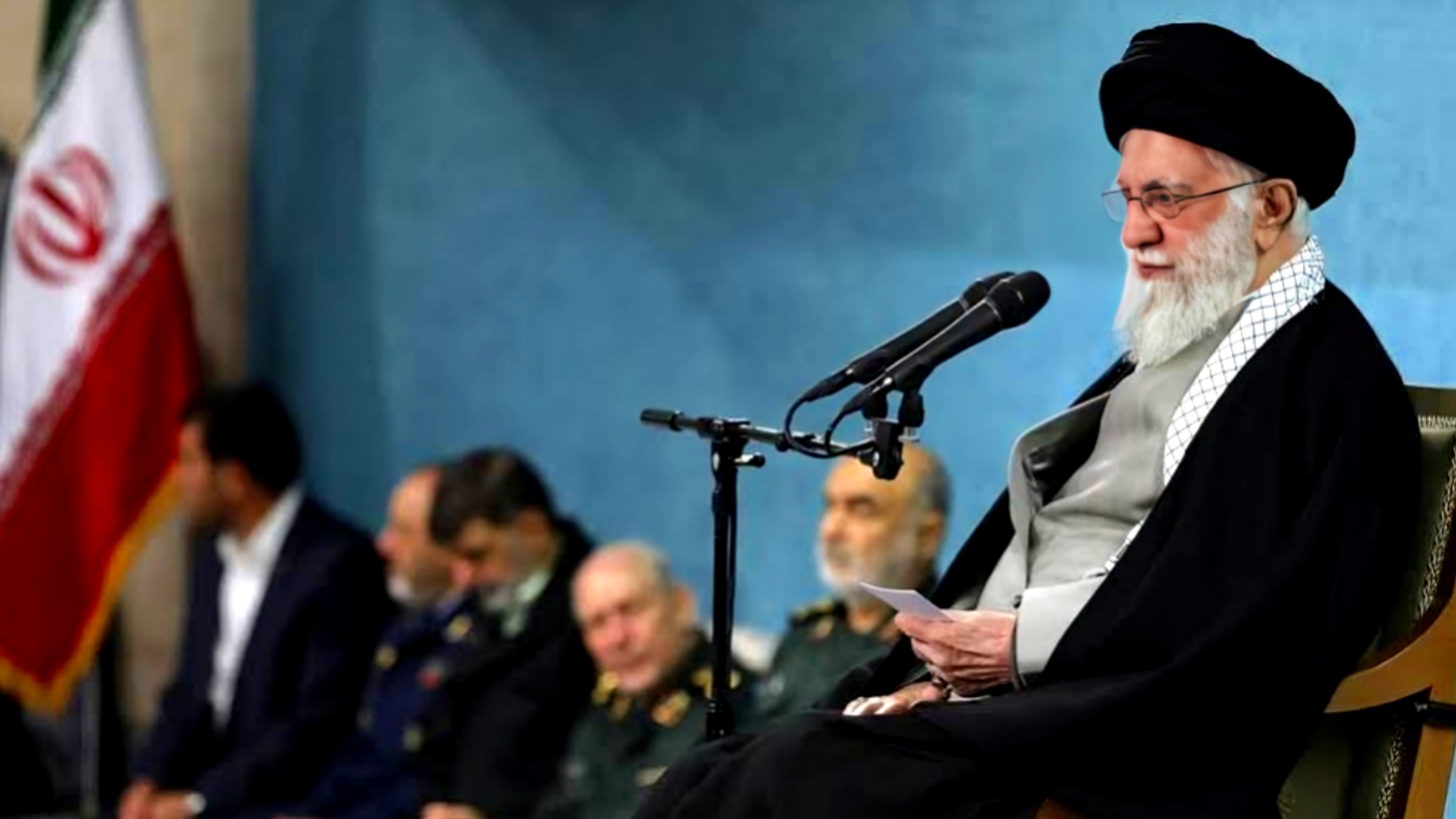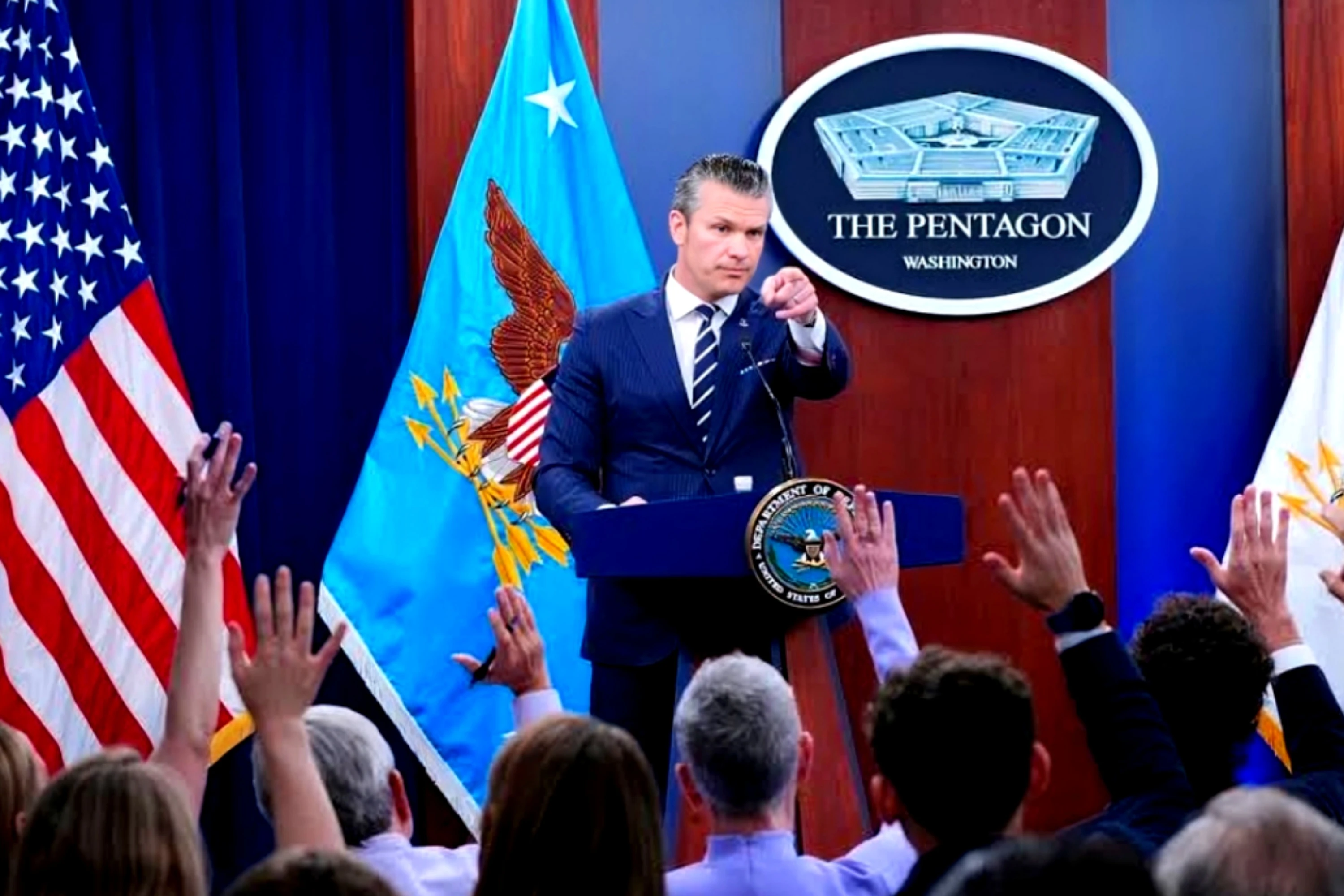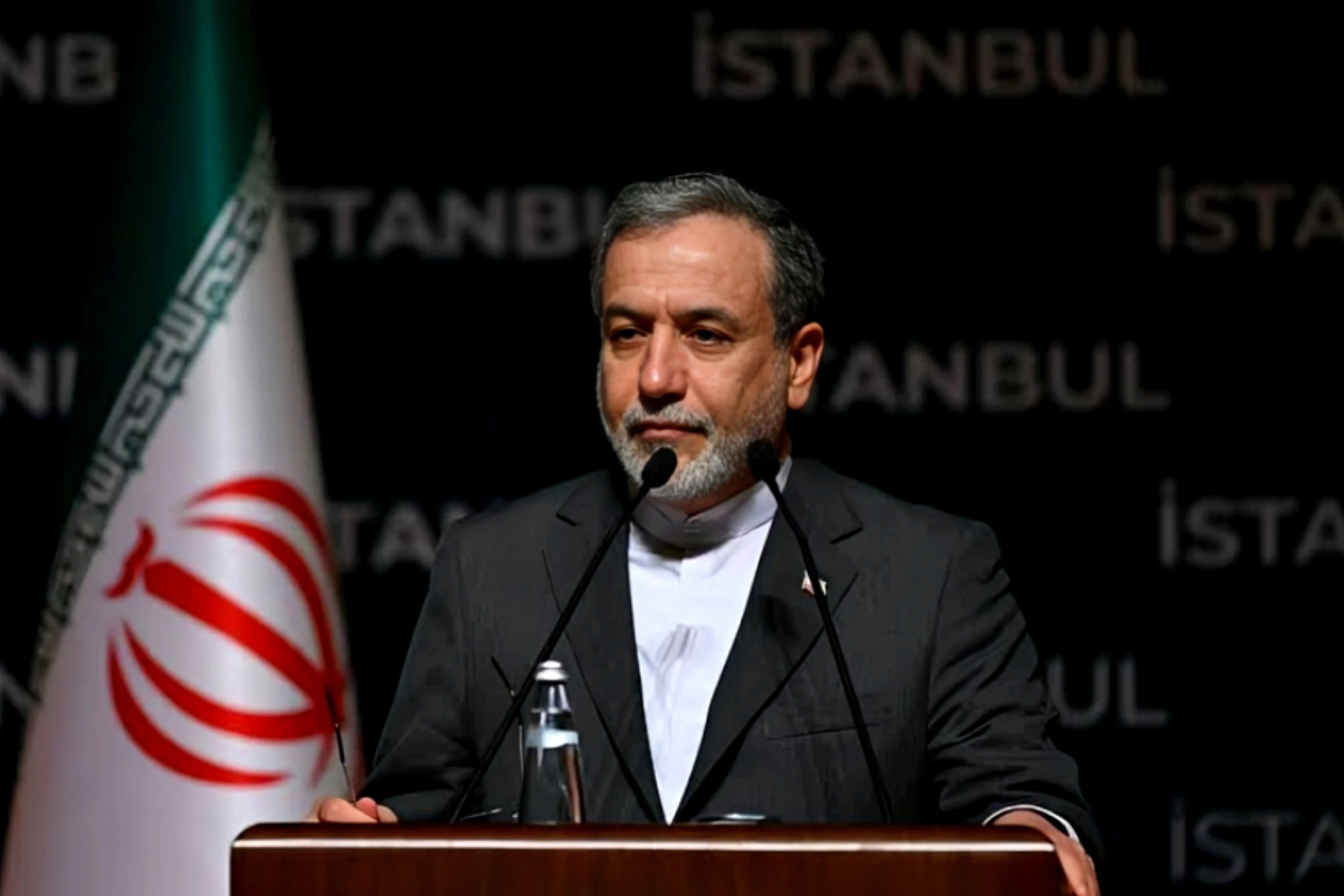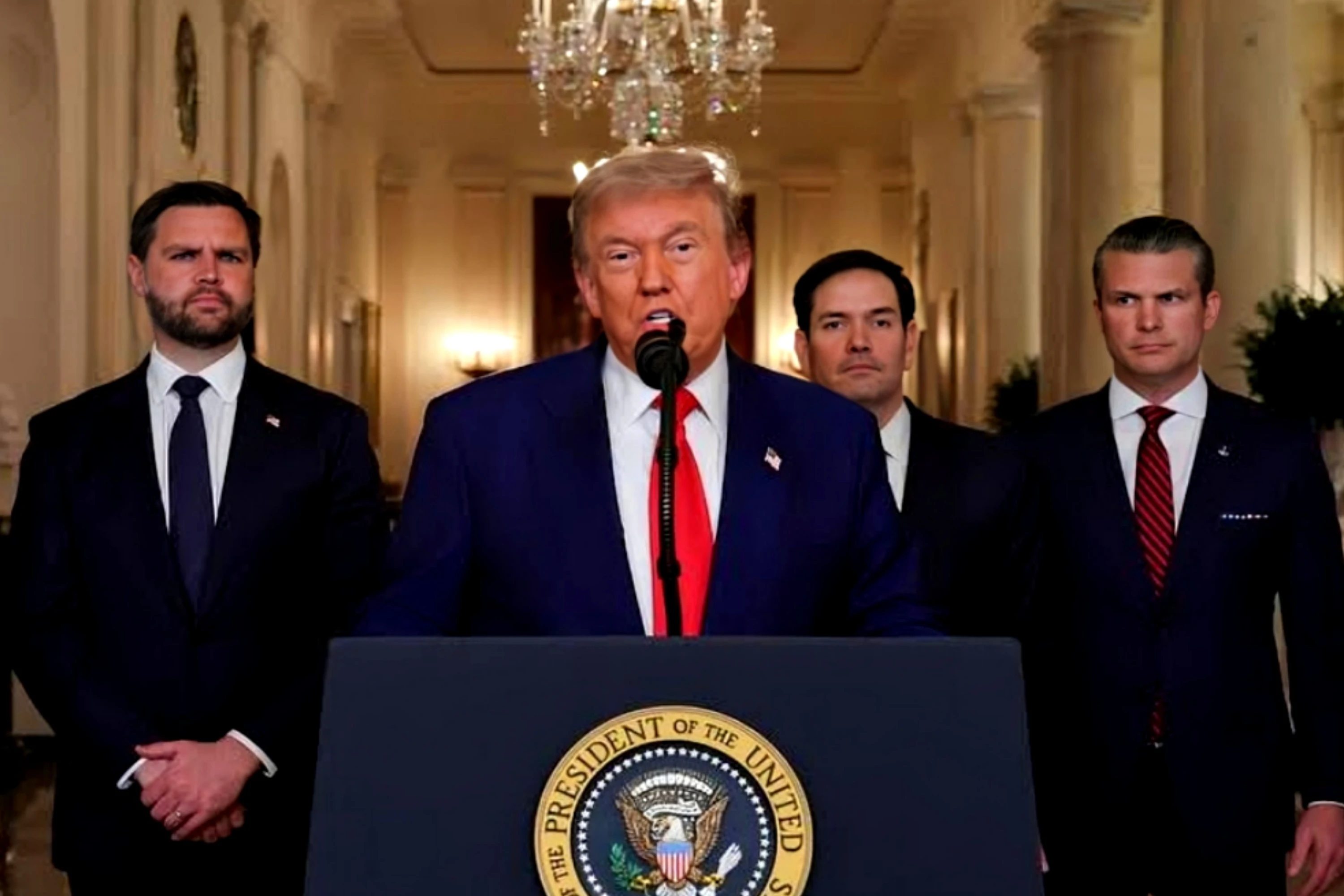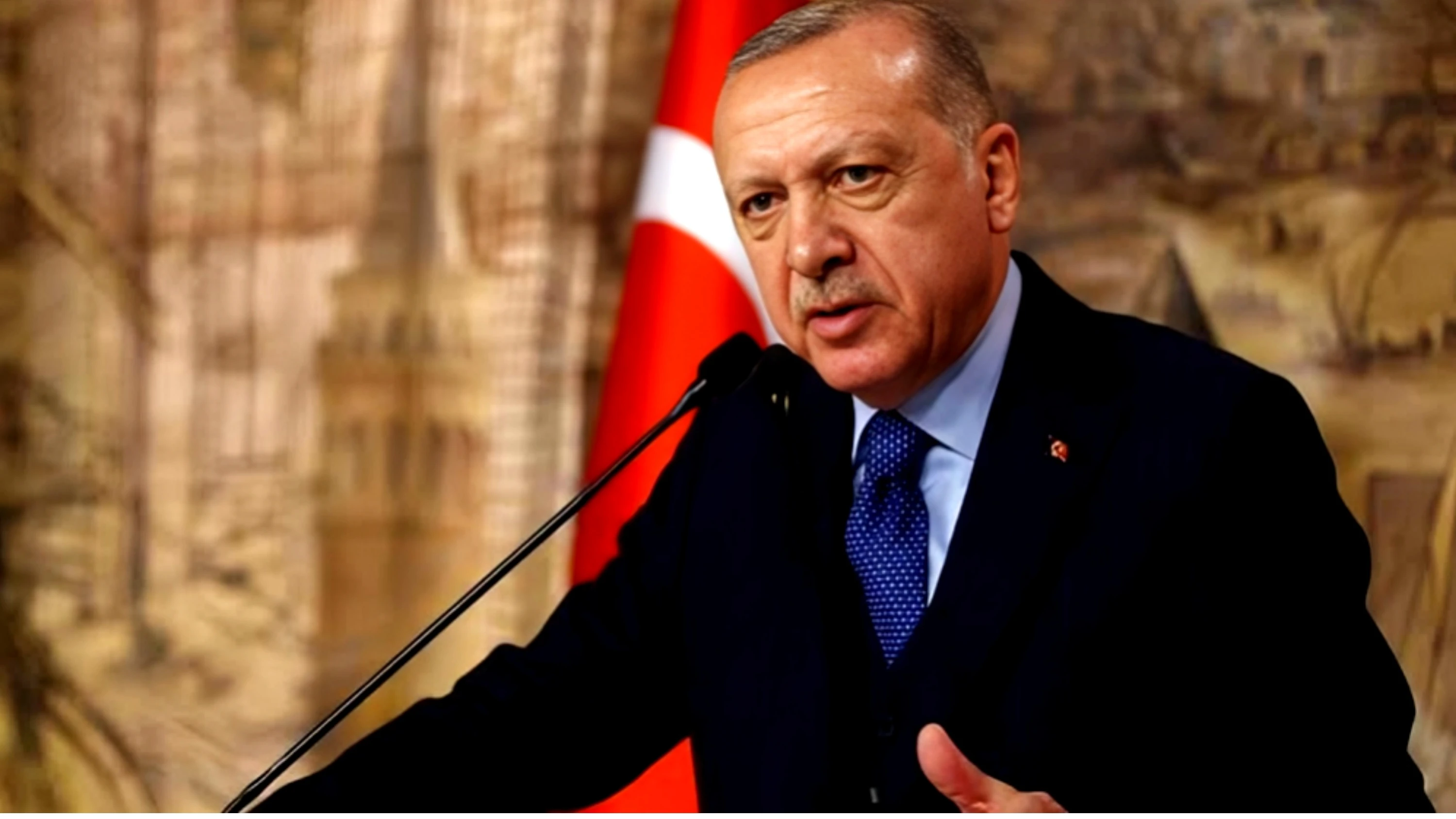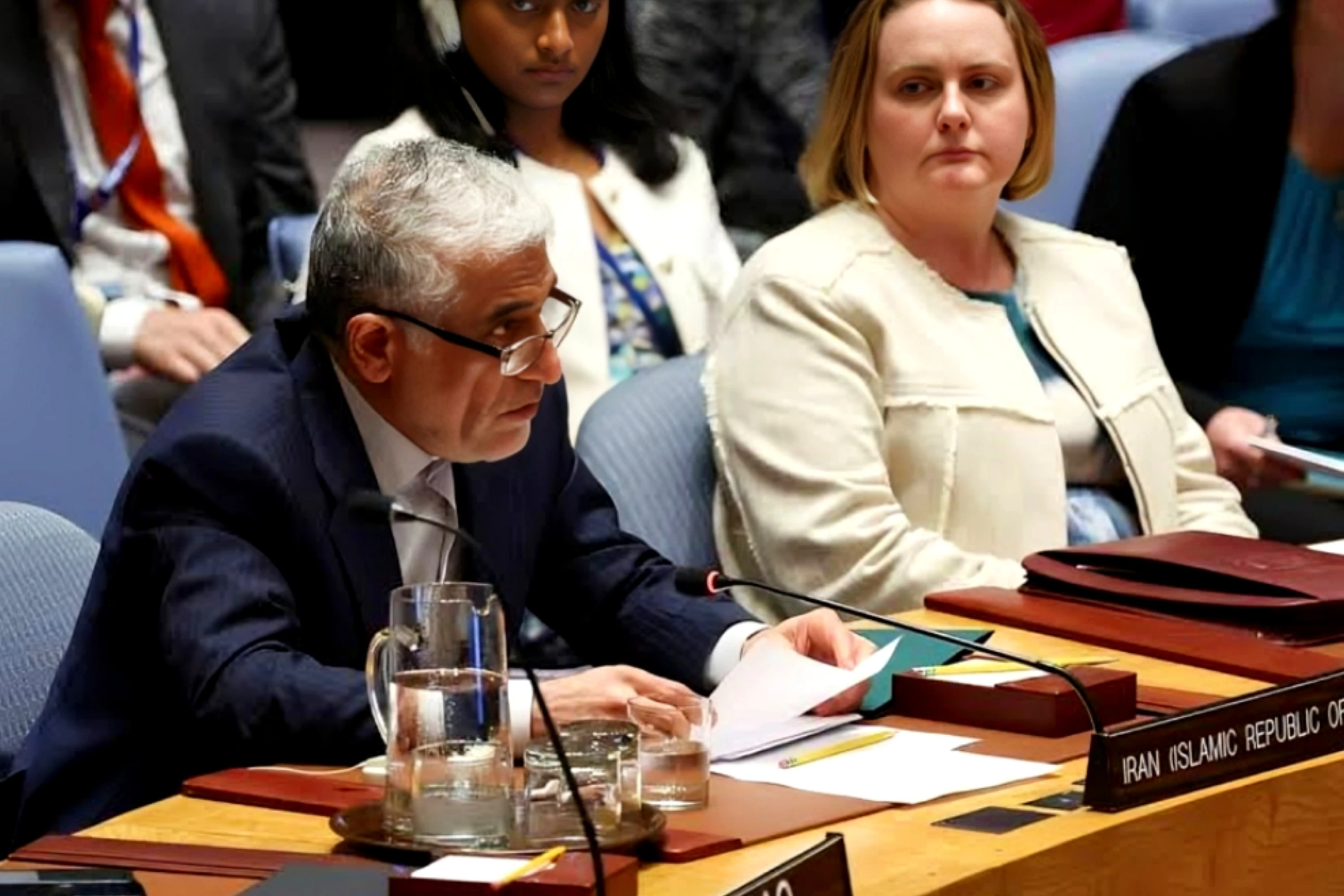Tehran: Iran’s Supreme Leader, Ayatollah Ali Khamenei, has criticized Western governments insisting on negotiations, calling them “stubborn” and accusing European nations of being “shameless and blind” for blaming Tehran over the stalled nuclear deal.
Khamenei’s remarks come just days after U.S. President Donald Trump confirmed that he had sent a letter to Iran’s Supreme Leader, inviting negotiations.
During a meeting with government officials, Khamenei stated: “The reality is that the stubborn governments insisting on negotiations do not seek to solve problems; they want to dominate us. Their goal in negotiations is to impose their will on the other party.”
According to reports, Khamenei warned that U.S.-led negotiations would not be limited to Iran’s nuclear program. “They will extend their demands to Iran’s defense and international capabilities, which we cannot accept. They will dictate who we can meet with and demand limitations on our missile range,” he said.
Earlier, in an interview with Fox News on Friday, Trump had said he preferred negotiating with Iran and reaching an agreement.
Although Khamenei did not mention Trump directly in his speech, he strongly criticized European nations for their stance on the nuclear deal. “European powers claim that Iran has failed to fulfill its obligations under the nuclear agreement. But have they fulfilled theirs? When the U.S. withdrew from the deal, you [Europe] promised to uphold your commitments, but you broke your promises,” he said.
The nuclear deal, officially known as the Joint Comprehensive Plan of Action (JCPOA), was signed in January 2016 between Iran and the P5+1 group—comprising the U.S., UK, France, China, Russia, and Germany—after years of negotiations.
Under the agreement, Iran agreed to restrict its uranium enrichment and stockpiling, shut down or modify key nuclear sites, and allow international inspectors access to its facilities. In return, global financial sanctions against Iran were lifted.
The deal aimed to prevent Iran from developing nuclear weapons, while Iran hoped sanctions relief would boost its struggling economy.
Although signed under former U.S. President Barack Obama, Trump had repeatedly criticized the agreement even before taking office. He described it as the “worst deal ever,” calling it “horrible” and “ridiculous.” Trump argued that the deal should have included restrictions on Iran’s ballistic missile program and had longer-lasting provisions.
In May 2018, Trump withdrew the U.S. from the deal and reimposed harsh sanctions on Iran. In response, Tehran exceeded the uranium enrichment limits set by the agreement and reduced cooperation with international inspectors.


